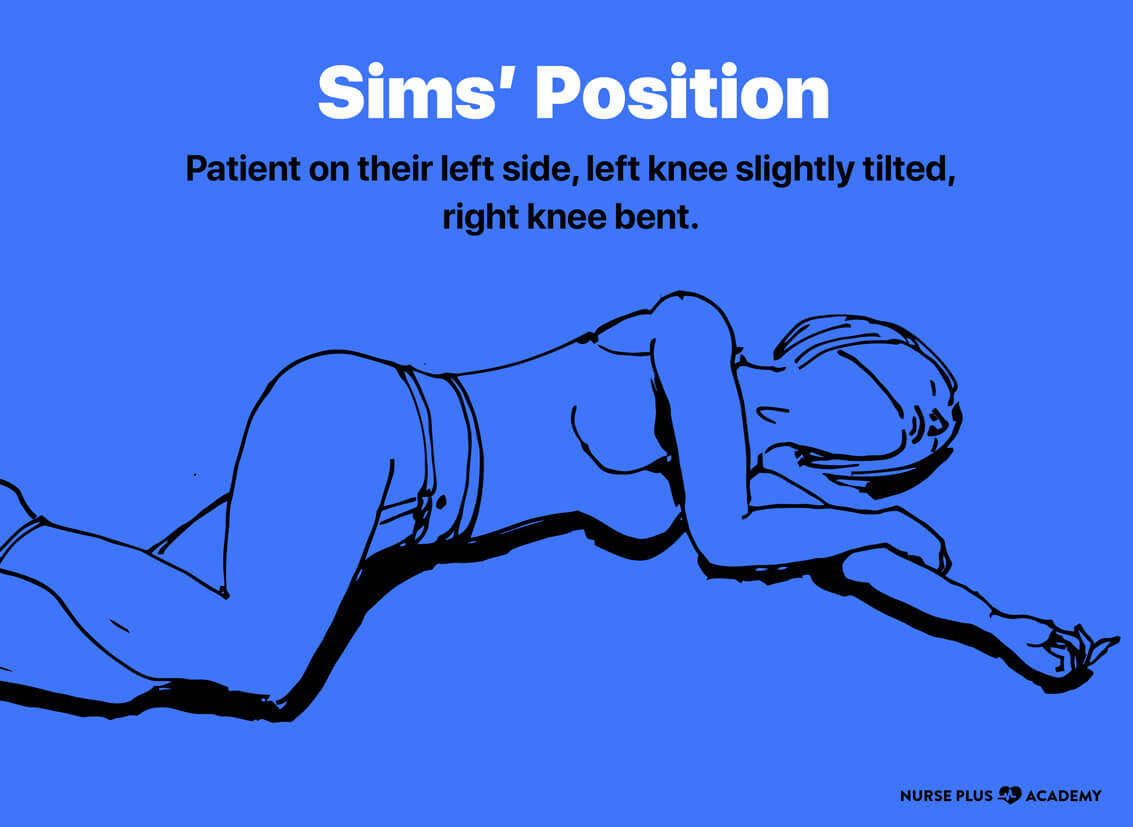A nurse is preparing to administer enteric-coated aspirin to an older adult client who had a cerebrovascular accident and has difficulty swallowing medications. The client asks the nurse if she will crush the medication to make it easier to swallow. Which of the following responses should the nurse make?
"Stomach acid will inactivate some of the medication if I crush the medication."
"If I crush it you might experience a stomach ache or indigestion."
"That would release all the medication at once, rather than over time."
"I will crush it and mix it in some ice cream for you."
The Correct Answer is C
A. "Stomach acid will inactivate some of the medication if I crush the medication." The purpose of the enteric coating is to protect the stomach lining from irritation, not to prevent inactivation by stomach acid.
B. "If I crush it you might experience a stomach ache or indigestion." While it’s true that crushing may cause stomach discomfort, the primary concern is that it would bypass the enteric coating.
C. "That would release all the medication at once, rather than over time." Crushing enteric-coated aspirin would cause the medication to be released all at once, potentially leading to side effects and reducing its intended effectiveness.
D. "I will crush it and mix it in some ice cream for you." Crushing enteric-coated medications is contraindicated, and it could cause harm.
Nursing Test Bank
Naxlex Comprehensive Predictor Exams
Related Questions
Correct Answer is C
Explanation
A. "Always wipe from the outer to the inner canthus when wiping away secretions." Wiping should be done from the inner canthus to the outer canthus to prevent spreading the infection.
B. "Use a sterile glove and applicator to apply the antibiotic ointment." While maintaining cleanliness is important, using sterile gloves and an applicator is not typically necessary for applying ophthalmic ointment. Clean hands and the ointment tube are usually sufficient.
C. "Apply the ointment in a thin line into the conjunctival sac." The ointment should be applied in a thin line into the conjunctival sac to ensure proper delivery and absorption of the medication.
D. "Keep your eye open for 30 sec after instilling the ointment." The eye should be closed gently after applying the ointment to allow it to be absorbed.
Correct Answer is C
Explanation
A. Orthopneic: The orthopneic position is for clients experiencing respiratory distress and is not suitable for vaginal medication administration.
B. Prone. The prone position is not appropriate for administering vaginal creams.
C. Sims position: The Sims position (lying on the side with the lower leg straight and the upper leg bent) facilitates access for vaginal medication administration.
D. Dorsal recumbent: This is also acceptable, as it involves lying on the back with knees flexed. However, Sims is more commonly used for vaginal applications.

Whether you are a student looking to ace your exams or a practicing nurse seeking to enhance your expertise , our nursing education contents will empower you with the confidence and competence to make a difference in the lives of patients and become a respected leader in the healthcare field.
Visit Naxlex, invest in your future and unlock endless possibilities with our unparalleled nursing education contents today
Report Wrong Answer on the Current Question
Do you disagree with the answer? If yes, what is your expected answer? Explain.
Kindly be descriptive with the issue you are facing.
